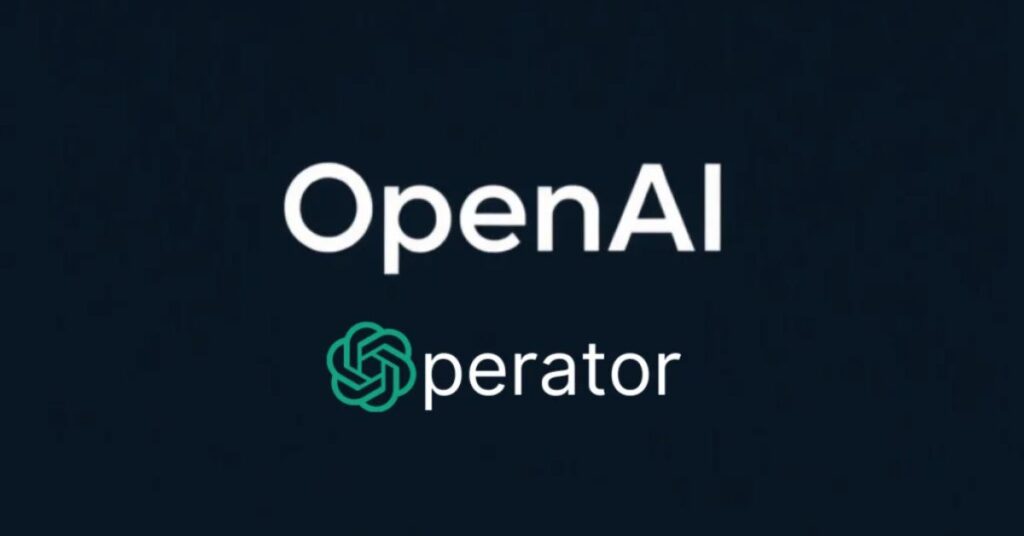OpenAI is preparing to revolutionize the world of task automation with the upcoming launch of OpenAI is set to release its innovative AI agent tool, codenamed Operator, in January 2025.
Designed to automate a variety of tasks, Operator aims to provide users with a more efficient way to manage their digital activities.
This tool emerges as a significant player in a tech industry increasingly focused on AI-driven solutions, promising to enhance productivity and task management.
What Is OpenAI’s Operator?
Operator is an advanced AI agent that surpasses traditional virtual assistants and chatbots. Its design enables it to autonomously execute complex, multi-step tasks with minimal supervision.

Leveraging advanced AI models, the Operator can undertake various activities, including booking travel tickets, writing code, conducting research, and managing routine administrative tasks.
By automating these time-intensive activities, Operator seeks to liberate valuable time for users, thereby improving overall productivity.
Key Features of OpenAI’s Operator
- Task Automation: A core capability of Operator is its ability to automate everyday tasks. From scheduling appointments to booking flights, it performs these actions autonomously, significantly reducing users’ cognitive load.
- Real-Time Processing: The AI agent operates in real time, allowing it to respond instantly to user commands and process information as it arises. This ensures seamless task execution without delays.
- Integration with Existing Tools: Operator will integrate smoothly with current software applications, enabling users to utilize its capabilities within familiar environments, which enhances user experience and promotes adoption.
- Developer Access via API: Initially available as a research preview for developers through OpenAI’s API, Operator will permit the creation of customized solutions across various industries built on its capabilities.
The Role of AI Agents in Task Automation
AI agents like Operator represent a transformative shift in technology interaction. Unlike traditional chatbots that rely on pre-set responses, AI agents can learn from past interactions and make real-time decisions.
This autonomy makes them valuable tools for both businesses and individuals. Competing companies such as Google and Anthropic are also developing similar tools intended to automate web-based tasks.
For instance, Google’s Project Jarvis is anticipated to launch by the end of 2024, offering capabilities like web browsing automation. However, Operator distinguishes itself through its emphasis on real-time processing and seamless integration with existing workflows.
Implications for Users
The introduction of Operator signals a new phase in digital productivity. By automating both repetitive and complex tasks, this AI agent not only promises to save time but also enhance job satisfaction by allowing users to concentrate on more strategic activities.
For businesses, this may lead to increased efficiency and lower operational costs as routine tasks become automated.
Additionally, the integration with existing tools means that users can benefit from Operator without needing to completely overhaul their current systems, making it adaptable to various sectors, including software development and administrative management.
Security Concerns and Ethical Considerations
As with any AI-driven solution, security is a paramount concern. OpenAI has stressed the need for Operator to adhere to strict security protocols to safeguard user data.
Ethical considerations surrounding the use of autonomous agents must also be addressed as these tools become more prevalent. OpenAI is committed to transparency regarding how Operator functions, ensuring users are informed about data usage and storage.
This focus on security and ethics is essential for fostering trust as AI agents become more integrated into everyday life.